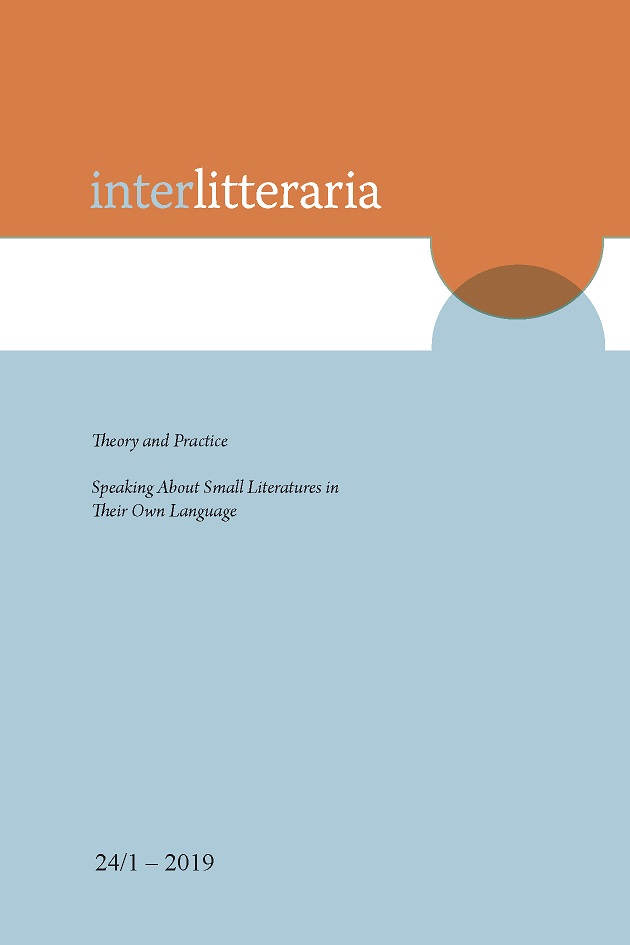Rethinking of the Crisis of Universalism: Toward a Pluralistic Orientation of Cosmopolitanism
Rethinking of the Crisis of Universalism: Toward a Pluralistic Orientation of Cosmopolitanism
Author(s): Wang NingSubject(s): Social Philosophy, East Asian Philosophy, Pre-WW I & WW I (1900 -1919), Globalization, Philosophy of History
Published by: Tartu Ülikooli Kirjastus
Keywords: universalism; World War I; globalization; modernity; cosmopolitanism; Chinese practice;
Summary/Abstract: In commemorating the centenary of the end of World War I, we could not but reflect on many of the valuable legacies and lessons the War has left behind it. To us humanities scholars, what we are most concerned about is the legitimacy of universalism or whether there is such a thing as absolute universalism. The same is true of modernity, for people may well think that modernity represents the great interest of all people in the world. But modernity manifests itself in different modes in different countries and nations as different countries and nations have different conditions, especially in such an ancient country as China. The present article will illustrate how modernity was imported from the West into China and how it has been readjusted according to its own condition and thereby developing in an uneven way. Through some theoretical elaboration the article has deconstructed the so-called “singular” or “universalist” modernity with the Chinese practice and reconsidered the concept of cosmopolitanism which has certain parallel elements in ancient Chinese philosophy. Considering the pluralistic orientation of contemporary cosmopolitanism, the author offers his own reconstruction of a sort of new cosmopolitanism in the era of globalization.
Journal: Interlitteraria
- Issue Year: XXIV/2019
- Issue No: 1
- Page Range: 128-144
- Page Count: 17
- Language: English

